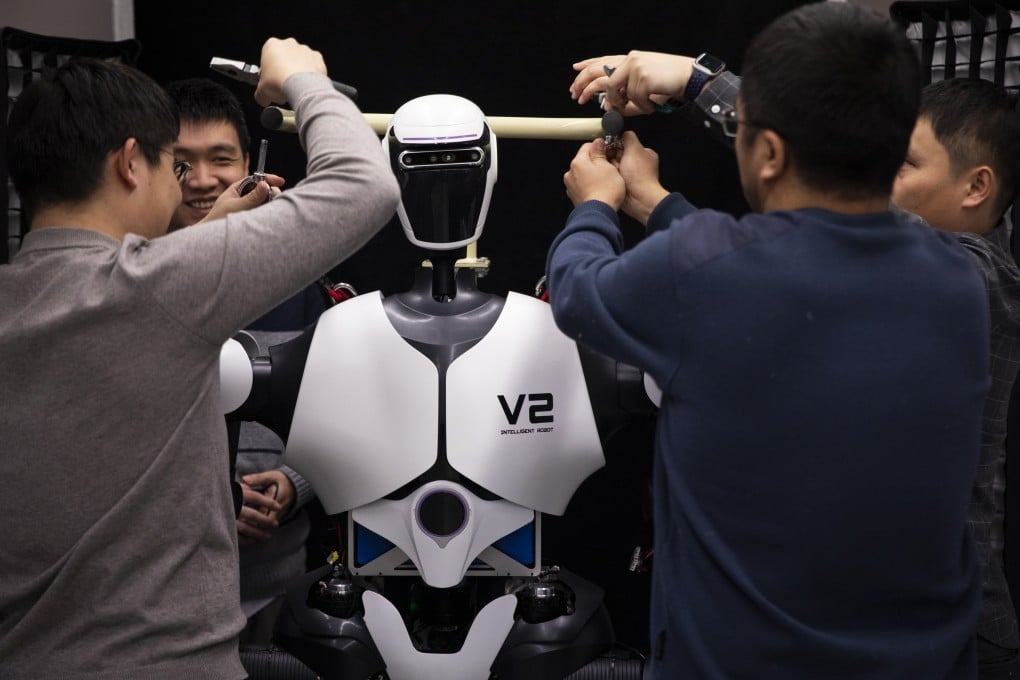Advertisement
The View | AI: US and China must rise above a zero-sum race
- As the dominant AI power, the US should understand that its latest salvo in the tech war risks undermining technological advances that depend on collaboration as much as competition
- Global cooperation and a standardised regulatory framework will nurture an environment conducive to breakthroughs
Reading Time:4 minutes
Why you can trust SCMP
2

The global technological landscape is witnessing an intense pace of development in artificial intelligence (AI), with the US and China at the forefront. Often portrayed as a race, the dynamic is increasingly framed as a zero-sum game, where the success of one is seen as the defeat of the other.
Advertisement
This portrayal, however, oversimplifies the complex nature of AI development and global technological progress.
A recent policy shift proposed by the US, requiring cloud firms to disclose foreign customer details, adds a new layer to this narrative.
AI development is not a straightforward contest with clear winners and losers. It is a multifaceted ecosystem involving a myriad of players from academia, industry and government. From optimising power grids to early disease detection via medical imaging and poverty reduction, AI advancements carry global significance that transcends national achievements, marking a collective technological leap.
These innovations not only solve critical problems but also generate positive externalities, enriching society by fostering efficiency, enhancing quality of life and driving sustainable development worldwide.
Advertisement
Currently, 64 per cent of top-tier AI research papers have co-authors who come from different countries. The race analogy, while compelling, does not fully capture the collaborative and interconnected nature of technological progress.

Advertisement
